
Fear of space has grown alongside space programs. Worries about asteroid strikes and over-militarization lean into deeper fears about space as the unknown.
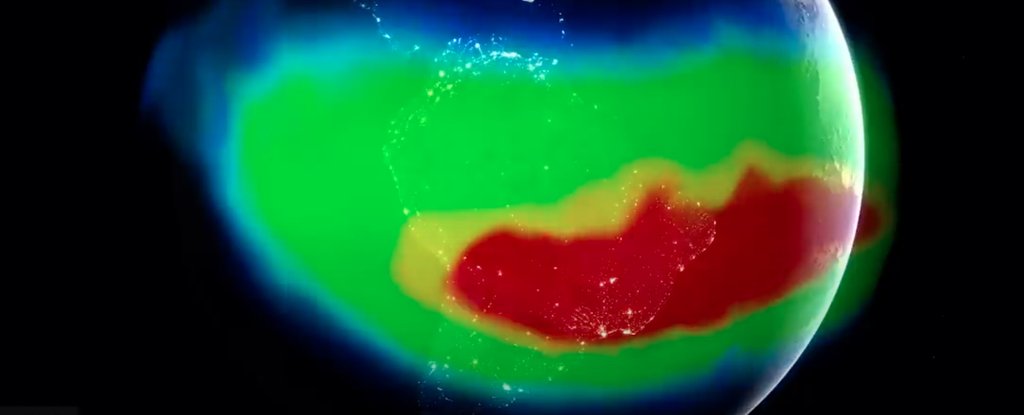
NASA has been monitoring a strange anomaly in Earth's magnetic field: a giant region of lower magnetic intensity in the skies above the planet, stretching out between South America and southwest Africa.

Nearly a third of fungi species assessed by international conservation experts were found to be at risk of extinction from threats like agriculture, deforestation and urban sprawl.
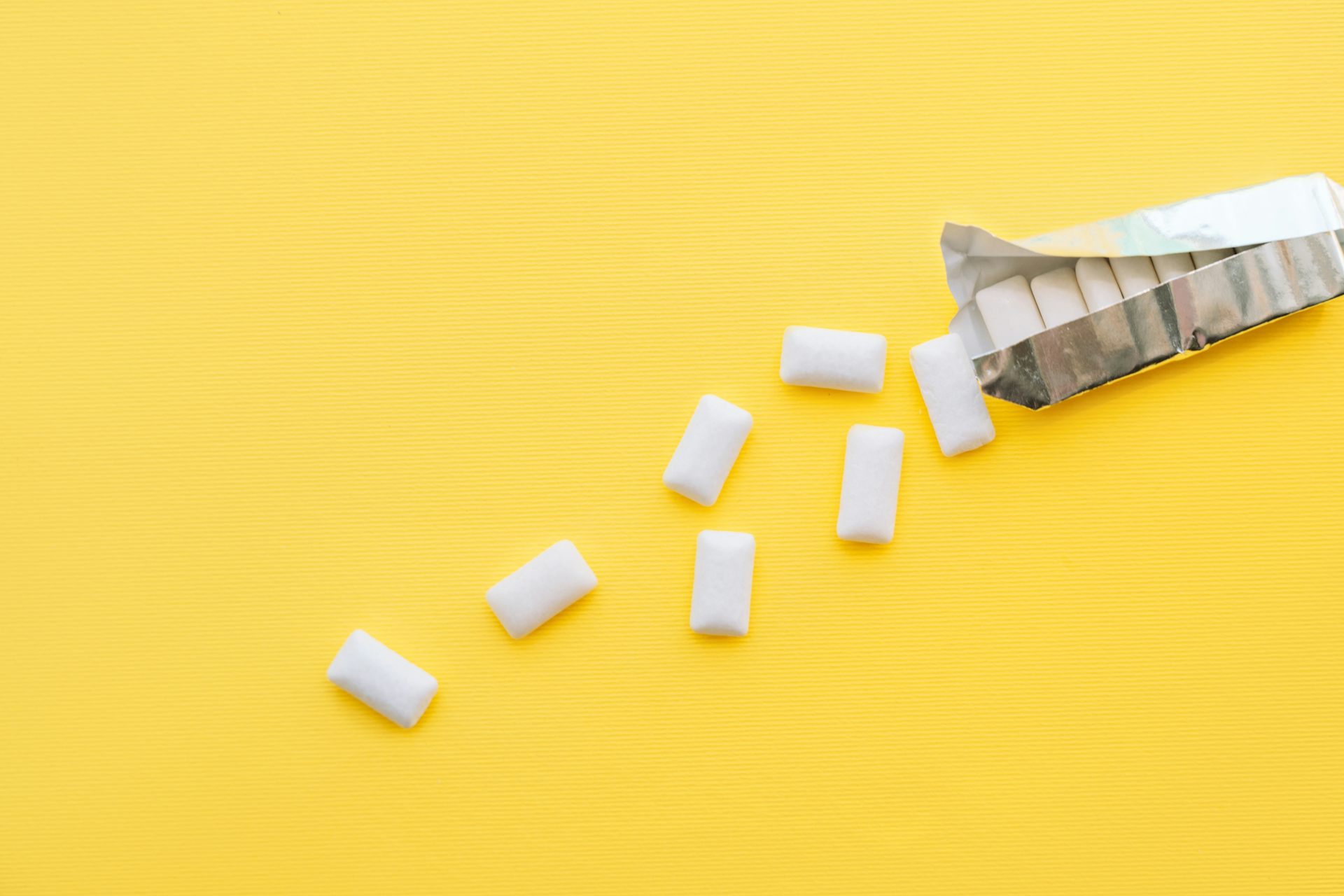
Chewing gum polymers, both natural and synthetic, can release microparticles when they are worn down by chewing.

The UN estimates the world’s population to be around 8.2 billion but this number is projected to hit 10 billion by the mid-2080. But it turns out researchers may have underestimated how many people are actually on Earth.
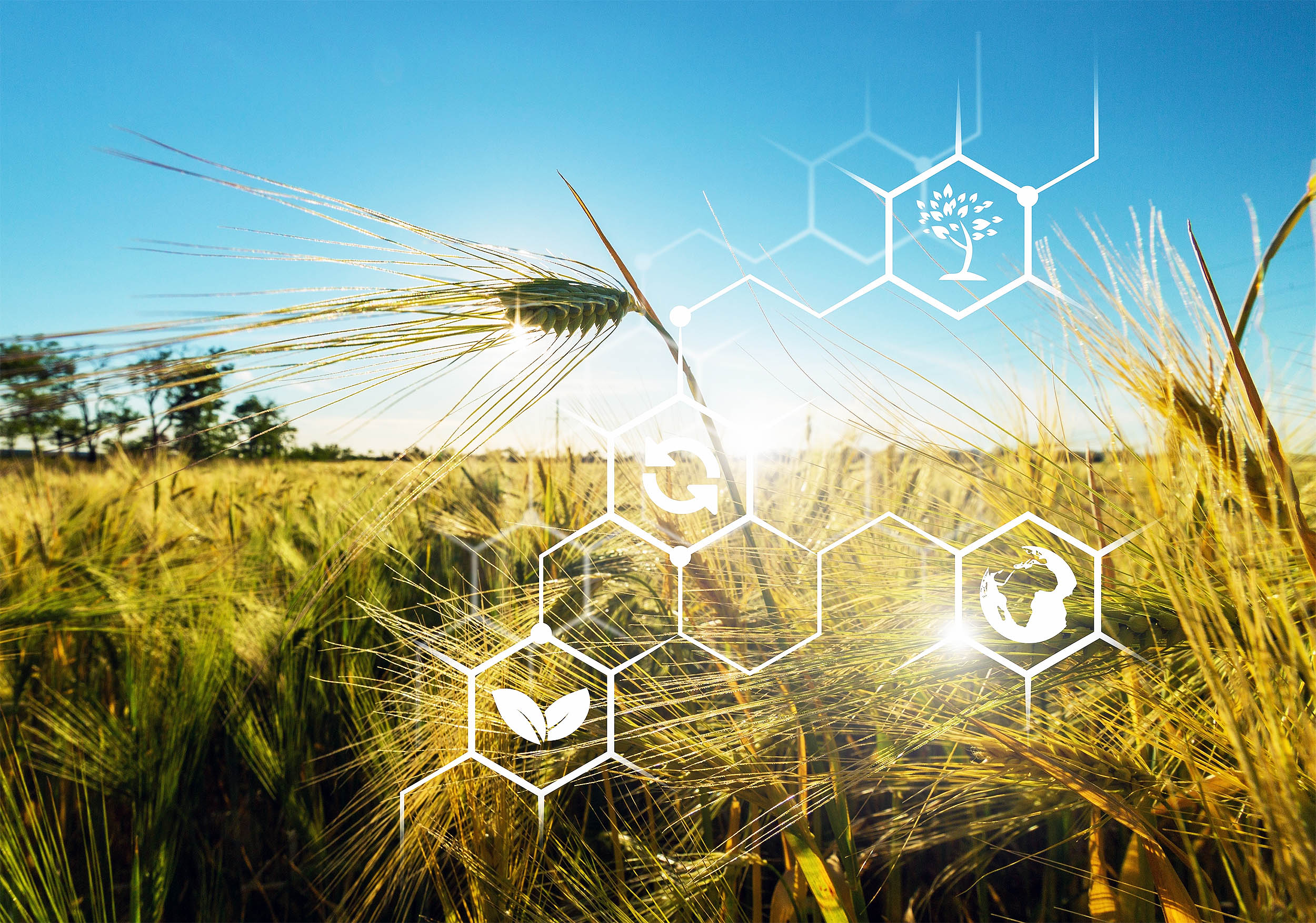
Microplastics are silently sabotaging the planet's greenery, curbing photosynthesis, and threatening food security.

Global sea level rose faster than expected in 2024, mostly because of ocean water expanding as it warms, or thermal expansion.
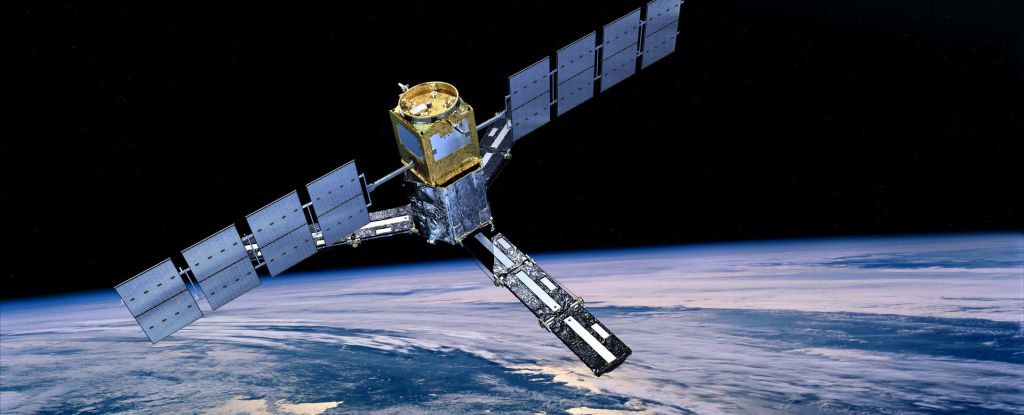
The continued release of greenhouse gases into Earth's atmosphere could increase the longevity of space junk in low Earth orbit, a new paper reveals.

The density of chain grocery stores has increased globally by 23.6 percent over 15 years (from 2009 to 2023). People in countries with the most chain grocery stores per person buy more unhealthy food and are more likely to be obese.

In 1982, the Syrian government besieged the city of Hama, killing tens of thousands of its own citizens in sectarian violence.The grandchildren of women who were pregnant during the siege still bear marks of it in their genomes.

Part of the system that pumps water, heat and nutrients around the globe is at risk. Climate change could slow the Antarctic Circumpolar Current down 20% by 2050.
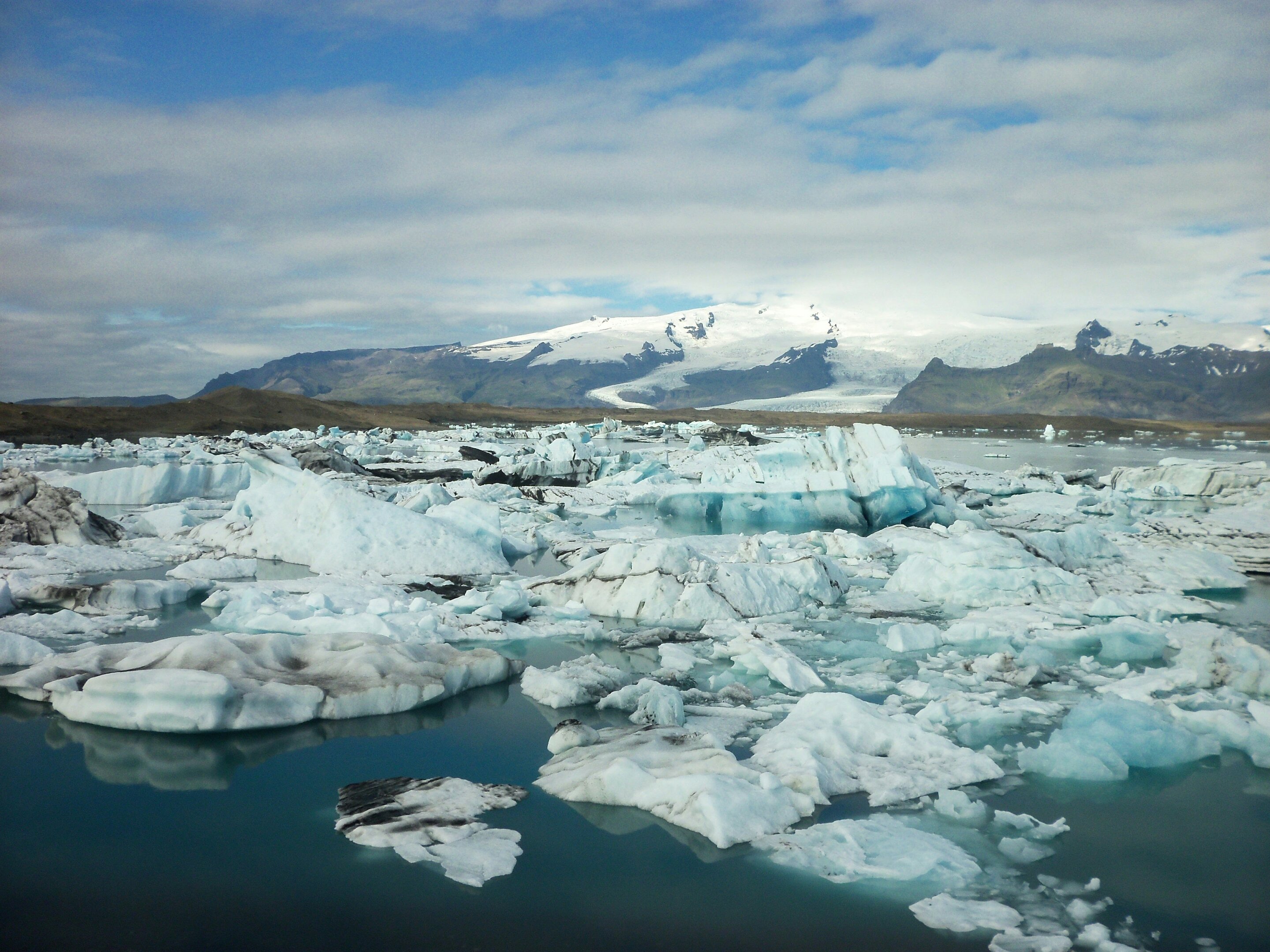
This melting has implications for global climate indicators, including sea level rise, ocean warming and viability of marine ecosystems.

Cumulative heat stress changes our epigenetics – how our cells turn on or off gene switches in response to environmental pressure. Longer periods of extreme heat accelerated ageing in older people by more than two years.
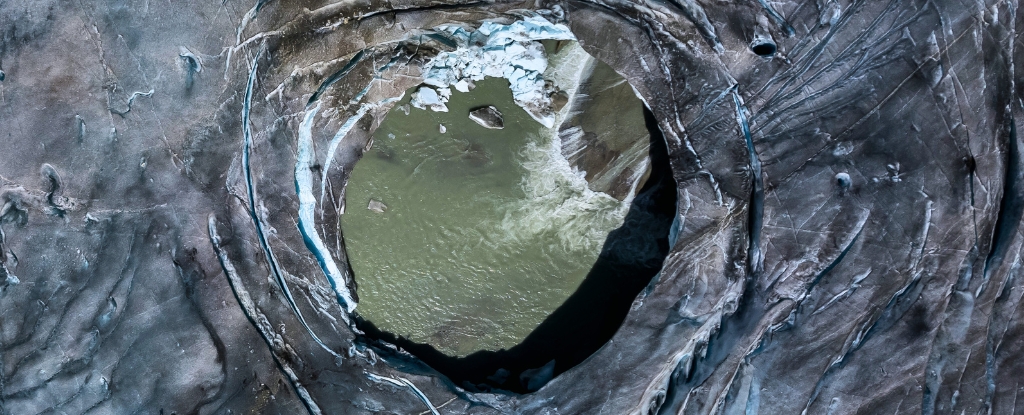
Ice loss from the world's glaciers has accelerated over the past decade, scientists said on Wednesday, warning that melting may be faster than previously expected in the coming years and drive sea levels higher.
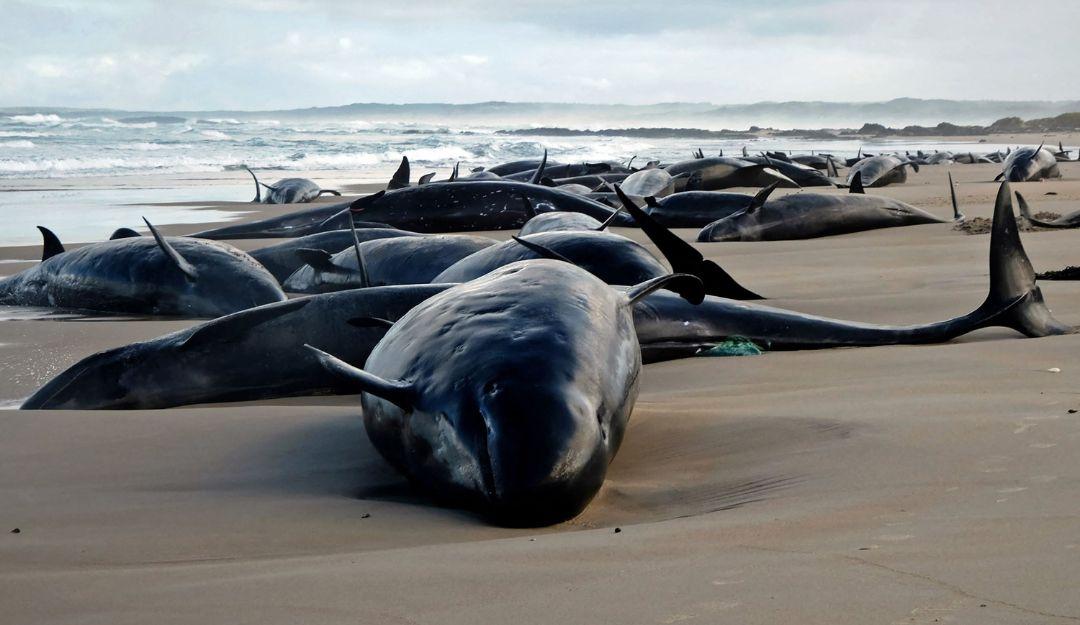
A pod of 157 dolphins has become stranded on a remote beach in Tasmania, with dozens already dead and efforts underway to save the survivors.